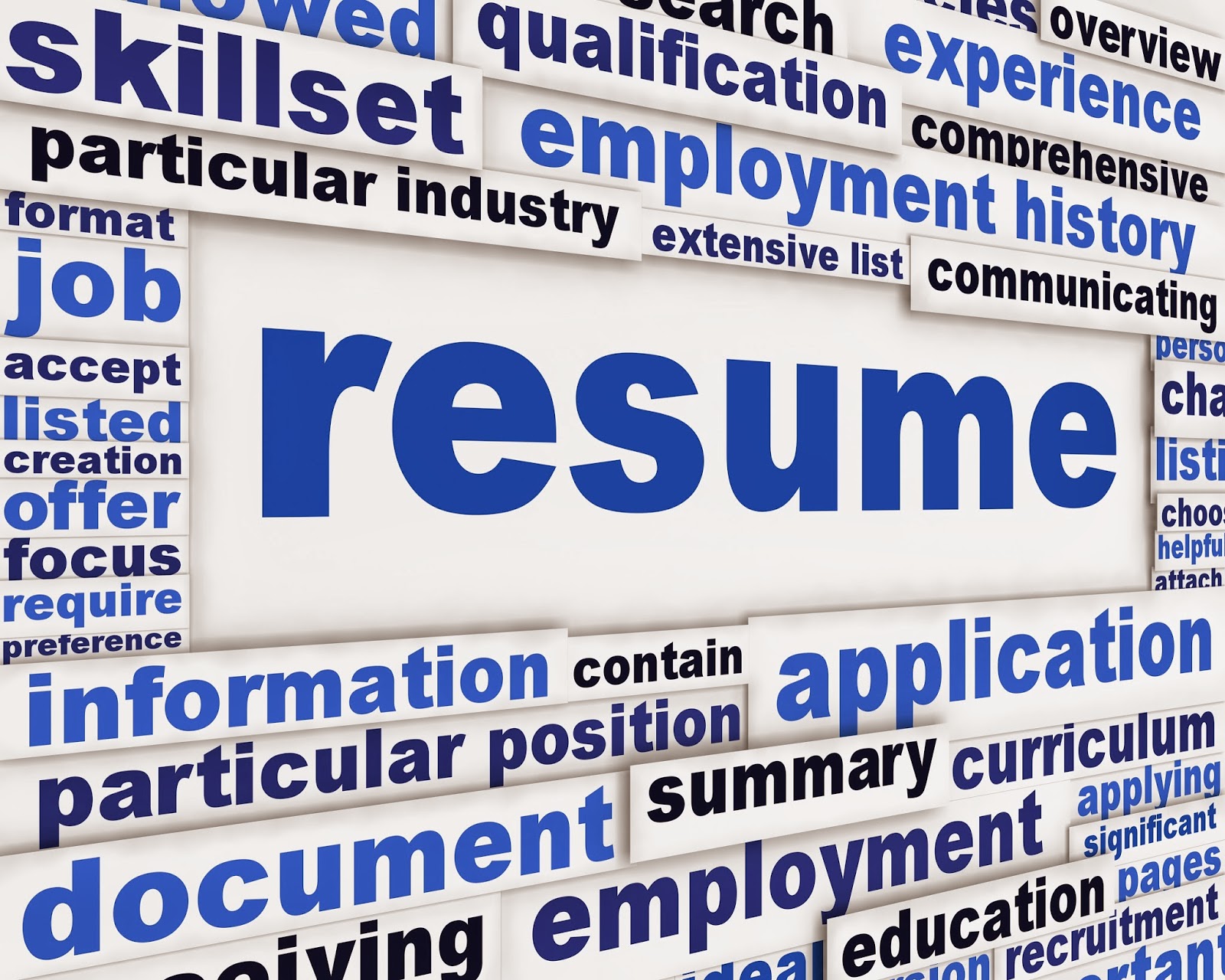Searching for
a job can be an overwhelming process. And when you finally hone in on the
possibility of a perfect job, you don’t want anything to stand in your way.
That’s why your resume and cover letter need to get you noticed –in the right
way. Below are a few ways to make sure they do:
Cover Letter
While your
cover letter needs to be as individual as you are, here are a few general tips
to consider before you send off a bland note that might not get you the attention
you deserve:
· Don’t
address your letter “to whom it may concern.” Instead, find out to whom it should be addressed and give the reader their due respect.
·
Get
right to the point. Your reader’s time is valuable –so don’t waste it! In the
first line tell them the job you want: Dear
Mr. Miller: I would like to be
considered for the Medical Administrative Assistant position you recently
advertised in the Kalamazoo Gazette.
·
Do
some company research and then demonstrate your knowledge of the company with a
positive spin. What do you know about the company and why do you like it?
·
And
remember, it’s not what the company can do for you; it’s what you can do for
the company. What skill set do you possess that makes you a unique candidate
perfectly suited to the job?
Resume
You may
understand the necessity of customizing your cover letter, but it’s equally
important to tailor your resume to the job you are pursuing. Start with the
objective, but take it even further by considering these suggestions:
· Find
out the programs and systems used at the company and make certain you include
your qualifications to seamlessly link to them.
·
Pull
language directly from the job description and include it on your resume. If
your resume says that you ran a team and the job description asks for
candidates who can lead a team; you’re now a leader. Even your job titles can
be tweaked to fit your new job if they reflect the same competencies.
·
View
your past positions in a new light. If you were once in retail, consider the
full skill set you may have called upon to perform your job. Demonstrating
skills in client interface and conflict resolution is another—and better—way of
saying that you know how to handle difficult customers.
·
Include
hobbies and interests. You never know how you’ll connect to the person
conducting the interview. When it comes down to the final hire decision, it’s
often just about whether or not they like you. And you’re more likeable when
you have outside interests –particularly if they match the interviewer’s.
At Career Quest Learning Centers, we not only train you to work in fields with some of
the best employment potential; we also offer career services including
assistance with resumes and cover letters.


No comments:
Post a Comment